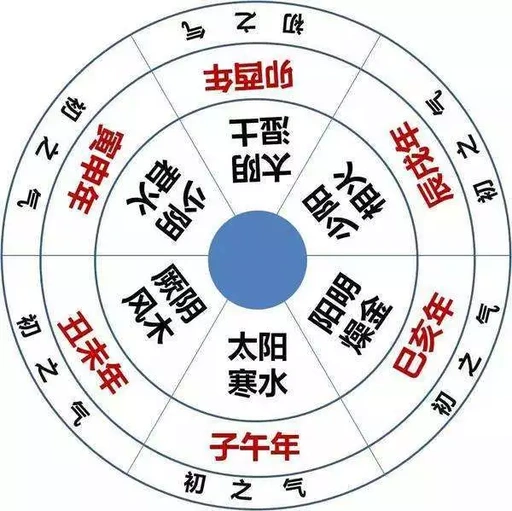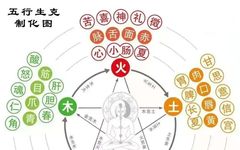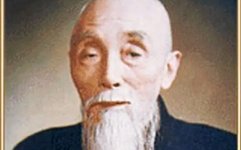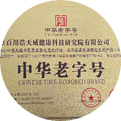The Influence of Six Qi and Six Excesses on Human Physiological Activities
Introduction: The “Six Excesses” refer to the six types of climate in nature: wind, cold, heat, dampness, dryness, and fire, which can be excessive or insufficient. When these climatic factors occur out of season or when the body’s resistance decreases and cannot adapt to these changes, they become pathogenic evils. This concept differs from that … Read more







